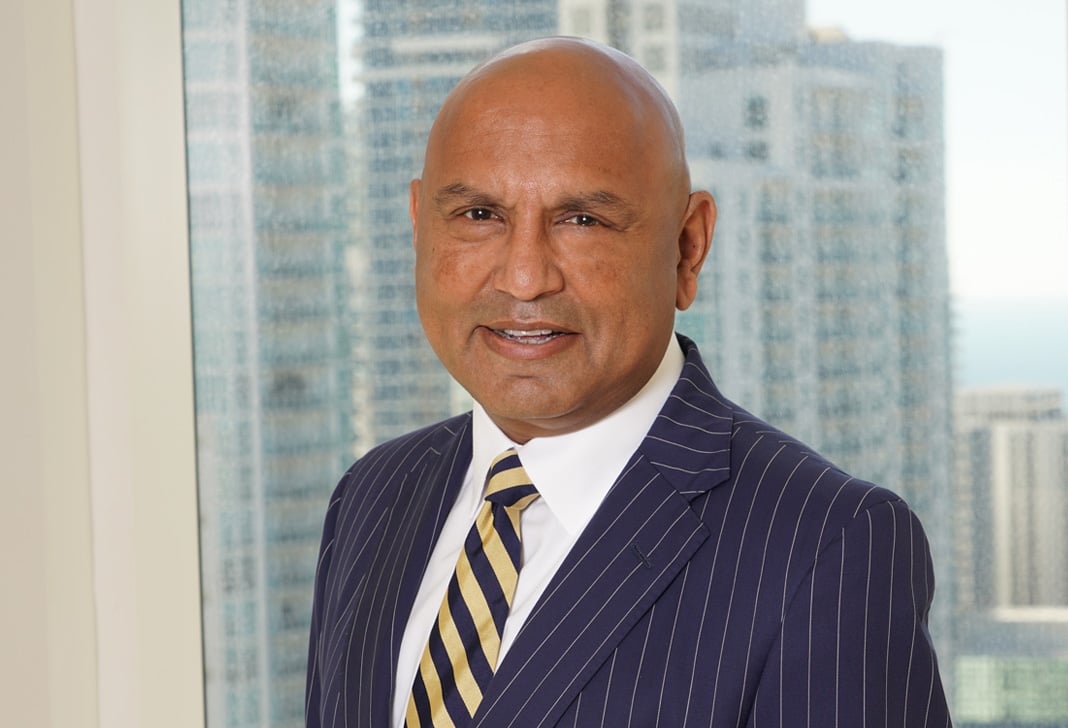
New York Joins Other States in Enforcement Actions Against Unregistered Virtual Currency Lending Platforms
On October 18, 2021, New York Attorney General Letitia James directed two virtual currency lending platforms to immediately cease their unregistered and allegedly unlawful activities in New York and sent letters to three other platforms seeking information about their lending products and operations. These actions highlight a continuing trend by state regulators seeking to bring cryptocurrency-related products and services within their regulatory purview despite regulatory uncertainty at the federal level.
The cease-and-desist letter sent to the two virtual currency lending platforms alleged that they were unlawfully selling or offering for sale securities within the ambit of New York's Martin Act within New York or to New Yorkers without having registered as brokers, dealers, or salespersons pursuant to Office of the Attorney General ("OAG") regulations. The platforms were demanded to cease such activity, and confirm that the activity had ceased, or explain why the OAG should not take further action. The Martin Act sets forth a broad list of instruments that are declared to be securities, including "any stocks, bonds, notes, evidences of interest or indebtedness or other securities…" It is a formidable anti-fraud statute that the OAG frequently invokes because it has a six-year statute of limitations and, according to the OAG and some court interpretations, does not require proof of intent or justifiable reliance. According to the OAG, because the virtual currency lending products at issue promise a fixed or variable rate of return to investors and claim to deliver those returns by, among other things, trading, or further lending or hypothecating those virtual assets, they "fall squarely within any of several categories of 'security'" under the Martin Act. A spokesperson for one of the platforms that received a cease-and-desist letter reportedly stated that, contrary to the OAG's allegations, the platform did not offer the products at issue in New York, and used IP-based geoblocking to prevent New Yorkers from accessing the products.
From the other three platforms, the OAG has requested information concerning, among other things, each lending product they offer, how they use the virtual currency deposited with their platforms, the jurisdictions they operate in, information regarding any New Yorkers that accessed the platform, and how a stablecoin is used in their lending products.
Through these actions, New York has now joined five other states—New Jersey, Texas, Alabama, Kentucky, and Vermont—that have recently taken regulatory action against cryptocurrency market participants, despite regulatory uncertainty concerning decentralized finance ("DeFi") and cryptocurrency at the federal level. This trend is likely to continue. Market participants should monitor state-level developments and be prepared for increased regulatory scrutiny from states, in addition to federal regulators like DOJ, the SEC and the CFTC, which continue to be aggressive.








